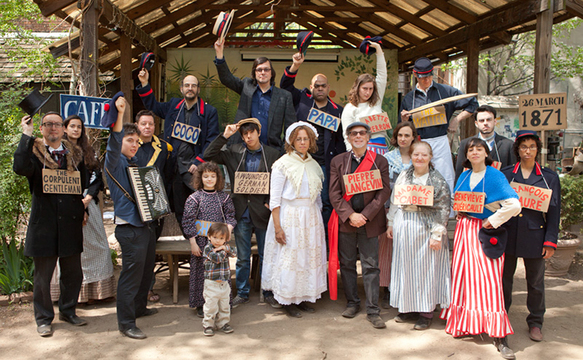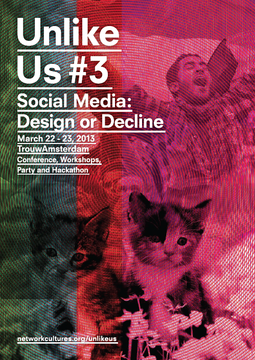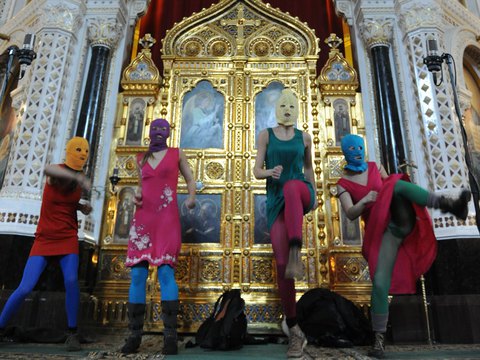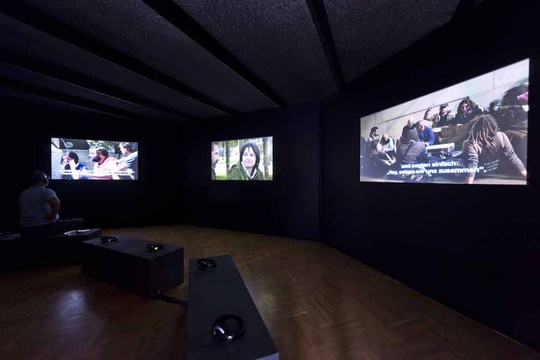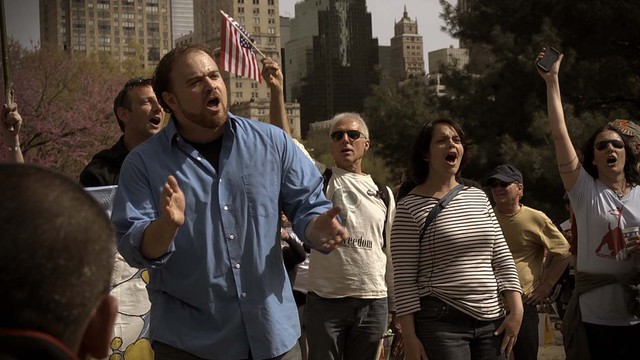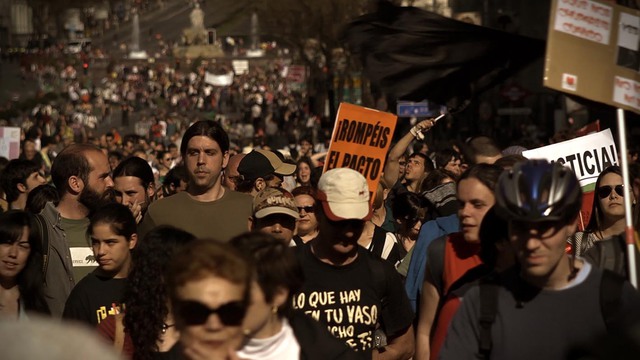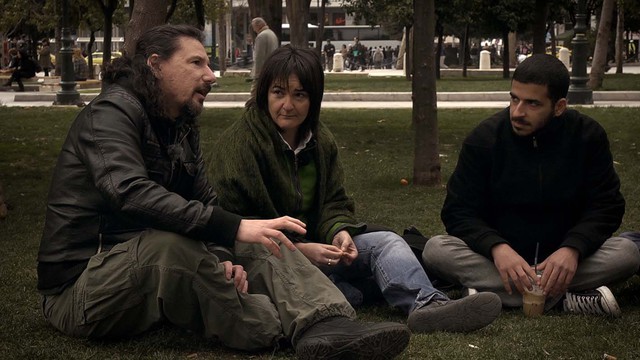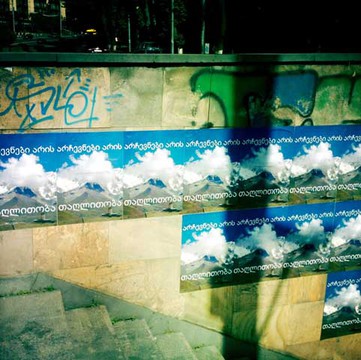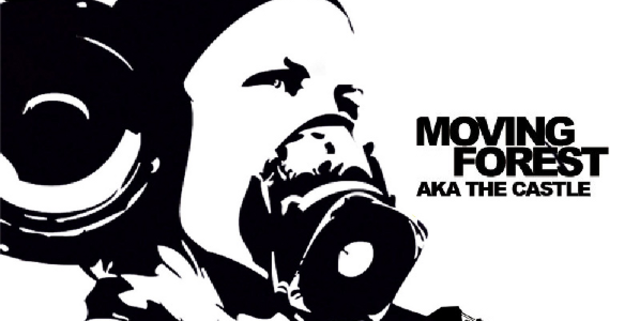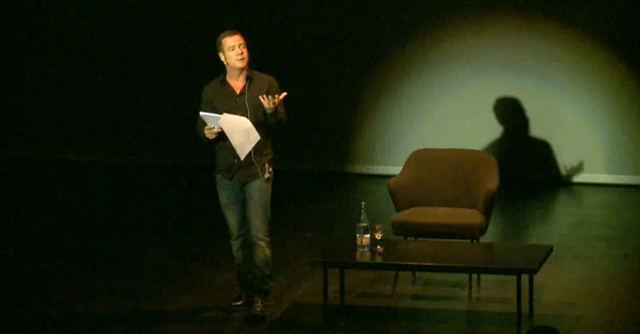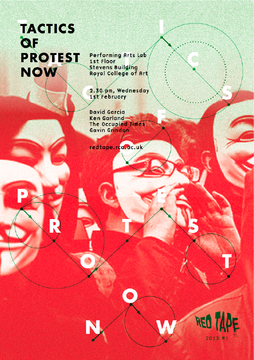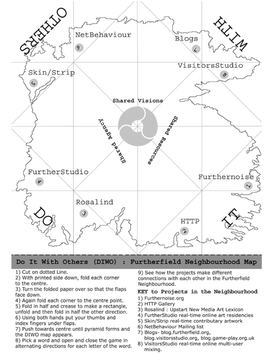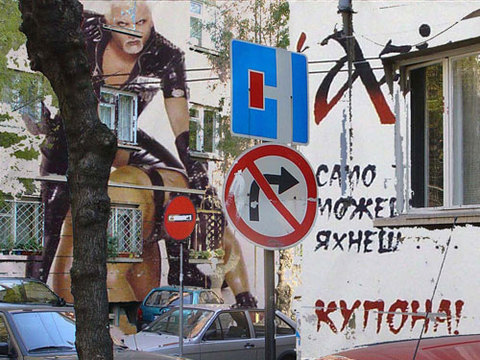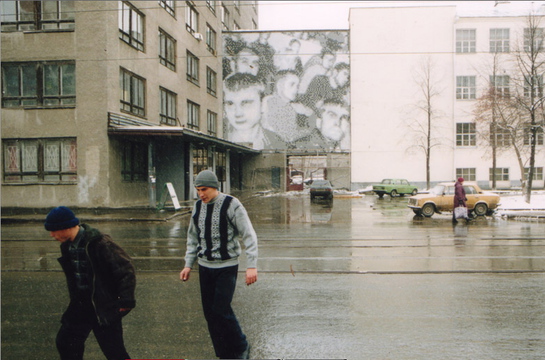picture
Search results for 'art of campaigning'
picture
Unlike Us 3 - flyer
picture
Pussy Riot: Punk-Prayer
picture
Moving Forest
picture
Jordan Crandall
picture
Tactics of Protest
picture
Amy Sara Carroll
picture
To the Arts, Citizens!
picture
Billboard Heaven - Sofia
file
Uncommon Grounds Introduction - Anthoney Downey
uncommon-grounds_downey_intro_essay_pdf.pdf, 843,5 KiB
Introduction to Uncommon Grounds and the essay 'For the Common Good? Artistic Practices and Civil Society in Tunisia' by editor Anthony Downey.
Introduction to Uncommon Grounds and the essay 'For the Common Good? Artistic Practices and Civil Society in Tunisia' by editor Anthony Downey.
file
Next 5 minutes 4 reader
n5m4_reader.pdf, 1684,1 KiB
The complete reader, including design, of the Next 5 Minutes 4 international festival of tactical media, Amsterdam, September 11 - 14, 2003.
The complete reader, including design, of the Next 5 Minutes 4 international festival of tactical media, Amsterdam, September 11 - 14, 2003.
picture
Deep Europe Logo
picture
Unlike Us 3 - flyer
picture
Pussy Riot: Punk-Prayer
picture
Moving Forest
picture
Jordan Crandall
picture
Tactics of Protest
picture
Amy Sara Carroll
picture
To the Arts, Citizens!
picture
Billboard Heaven - Sofia


